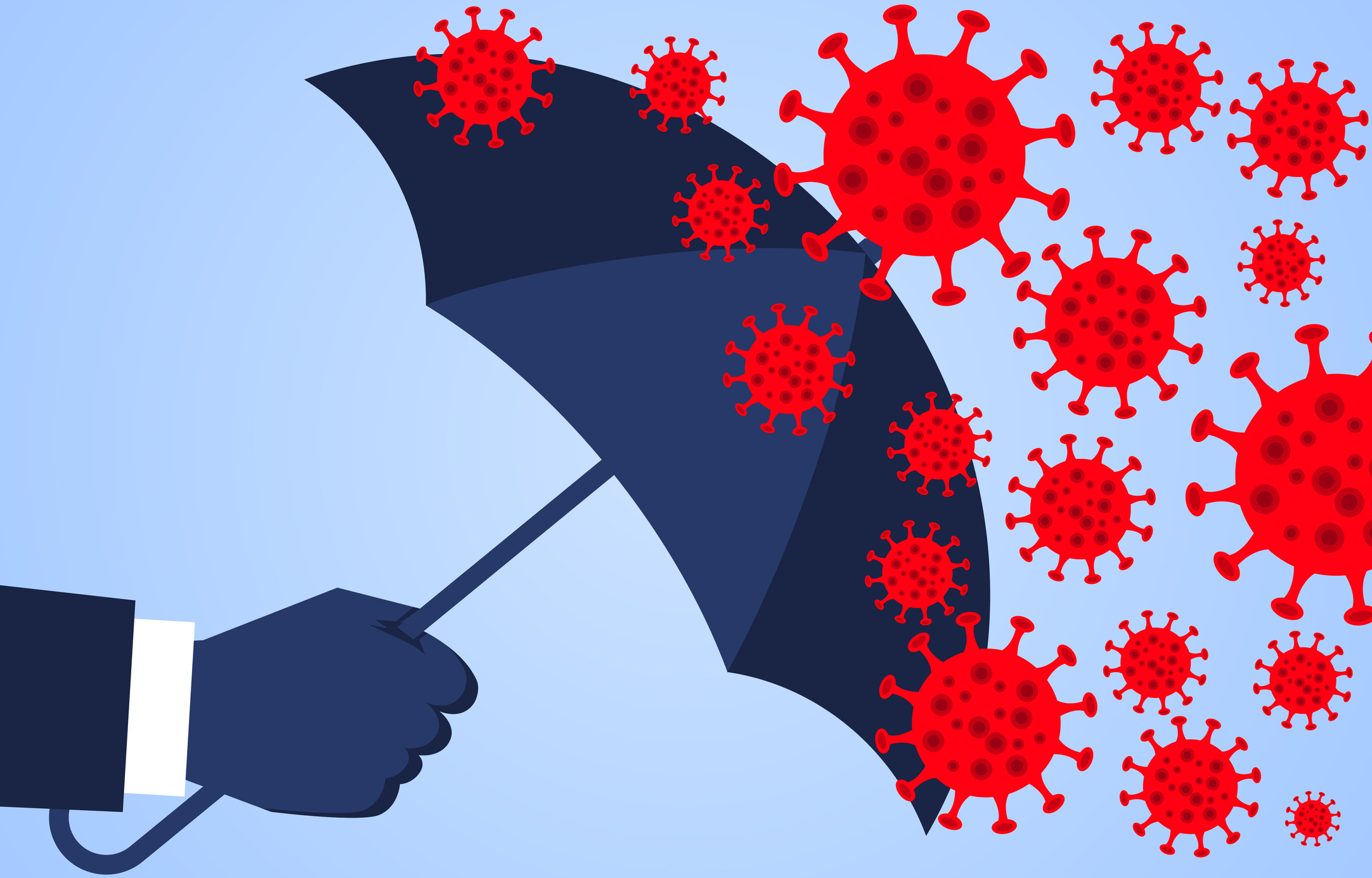As the 2018 United States midterm elections approach, polling company Gallup released new results suggesting that healthcare tops the issues of concern to voters. Although the poll, released on March 26, was taken over seven months before the elections and much may change in the interim, it is part of a long-term trend. Per Gallup, “This year marks the fifth year in a row, and 13th overall, that healthcare has either been first or tied for first among the issues.”
Poll Analysis: Partisan Differences
According to Gallup, almost 80 percent of Americans polled worry “a great deal” or “a fair amount” about the affordability and availability of healthcare – with crime and violence, federal spending and the deficit, and gun availability trailing slightly behind as the next most important issues.
As with most issues in United States politics, there are strong partisan differences in polling numbers. From 2002 to 2012, about 80 percent of those identifying as Democrats worried a great deal about healthcare while only 50 percent of Republicans surveyed did so. Numbers converged briefly between members of the two parties during President Obama’s second term but diverged radically again after the start of political campaigning in 2016. By 2018, only 39 percent of Republicans reported worrying “a great deal” as opposed to 72 percent of Democrats. A March 23-26 HuffPost/YouGov poll shows similar results, with healthcare topping voter concerns and a similar partisan divide in voter priorities.
U.S. Healthcare Ranking
Although the U.S. remains among world leaders in developing advanced medical technology, its wealth, technological sophistication and history of innovation do not translate into healthy citizens or an economically efficient healthcare system. Among the 11 wealthy developed countries that comprise the OECD, America ranks highest in healthcare expenditures and lowest in healthcare coverage and outcomes. The U.S. also ranks 10th in administrative efficiency (just above France, which sits at the bottom) and worst in equity, a measure of the difference between the quality of healthcare offered the wealthiest and poorest citizens.
Healthcare Financing in the U.S.
One of the main reasons healthcare in the United States consumes the highest percentage of GDP of any nation in the world is an underlying administrative inefficiency. The U.S. has three major public healthcare systems – Medicare, Medicaid and the Veteran’s Administration – as well as numerous private insurance companies, each with its own administrative staff and bureaucratic procedures. The result? Duplication of information technology and administrative costs over four different systems. These factors not only increase costs for insurers and customers but also increase costs and reduce efficiency for providers. According to a publication by the United States Institute of Medicine Roundtable on Evidence-Based Medicine, $183 billion of healthcare expenditures may be due to inefficiencies in billing and insurance-related activities.
Who Will Be Affected By Election Outcomes
People of varying political viewpoints have an obvious stake in how the 2018 midterms will affect healthcare in the United States. People with permanent, full-time employment and employer-provided insurance are less likely to feel the impact of election outcomes in terms of healthcare, but the 2018 midterm elections may impact several other groups more strongly.
The first group is the growing percentage of people working in what the Bureau of Labor Statistics refers to as the “gig” or non-employer economy. These people, especially if not eligible for parental or spousal insurance, may rely on state or federal exchanges for insurance. Next, people who rely on Medicare or Medicaid face uncertainty due to the differences in policies advocated by the two parties. Finally, companies in the healthcare industry are facing the sort of uncertainty that makes long-term planning difficult. The concern about healthcare reflected in recent polls speaks to the ongoing political back-and-forth over what to do about affordable and accessible healthcare on a national level.







